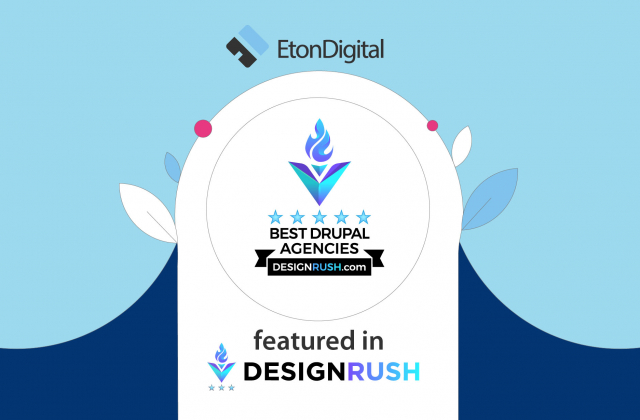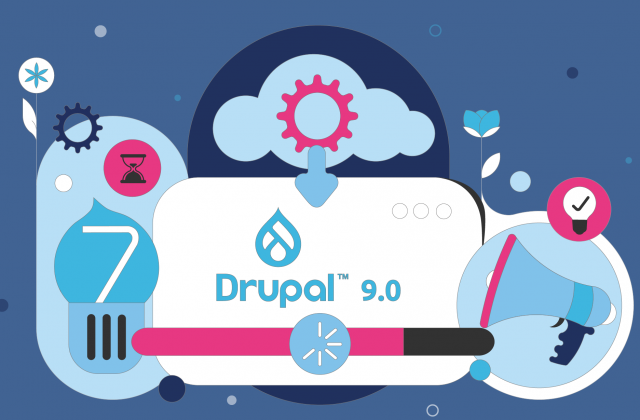The web is all about blockchain technologies. Everyone is talking about the tremendous value of bitcoins and other digital currencies that count thousands and billions.
What’s the trick?
With blockchain technology, for the first time in history, we can send any type of digital information without using any other service.
It allows us to create decentralized, permanent record of an asset. We can use the internet not only to exchange information but to exchange value without having a middleman.
The idea of digital currencies came into the spotlight in an interesting moment, don’t you agree?
Remember the 2010’s? The world was shaken by the financial crisis. People became more open to the alternative secure financial system when the conventional one showed its weaknesses.
Shortly afterward, bitcoin rises at a drop of a hat, followed by more digital currencies. Since then, the price of Bitcoin and other digital currencies appears to be marching higher.
Still, that is not the only reason.
Anything you want to send, from letters to money or even text message, you need to use centralized services. That comes with a price.
On top of that, hackers could hack and steal tons of people’s personal data stored in centralized systems. Owners of any kind of data service could steal, block and limit your belongings anytime they want.
With bitcoins or any other digital currency, you are free to control your funds and data. That is its main power.
But, what is digital money, anyway?
Currently, there are around 2000 digital currencies all unified with a great concept of the blockchain.
Despite the media writings, we are still not quite aware of our expectations and the benefits of the blockchain technology or digital currencies.
The main difference is that all digital currencies come with a value already set by the algorithm, unlike national currencies that may lose their value due to the inflation.
Cryptocurrencies, from bitcoins to litcoin and ethereum, to mention a few, have no centralized systems such as banks. They just flow through the computer network. So every transaction with cryptocurrency money that ever happened in this world eventually binds itself with chains or “blockchains”.
The value of the bitcoin has perhaps increased at the moment you are reading this article.
During the last check, the value of a single bitcoin was $5,616.38 compared to $5,000 or so in early September.
How does it work?
All cryptocurrency transactions in the network need to be checked and verified before they enter the blockchain. That is the task for so-called “miners” which are settled around the globe.
They bind bitcoin into blocks by solving the cryptographic puzzle for example and compete with each other to solve cryptographic function. The solution brings a new blockchain and the winner eventually gets a new package of bitcoins.
The reason why bitcoin has value in thousands of dollars is that of an attractive and relatively easy chance to make money by investing in mining. However, the main conditions are expensive hardware and enough energy to go through with it.
The result is an impressive database set in blockchains build into smaller bases that contain the data about transactions of any kind. That is the main reason why we can use blockchain for other types of data besides the financial ones.
Where can we use blockchain?
List of the potential usage of the blockchain is getting bigger from day to day.
From the voting process and distribution of the public records and data to securing our private data or protecting nuclear launch codes, the blockchain technology can change our lives entirely.
With blockchain, it is basically impossible to hack bank accounts, military, state databases, and other centralized data systems.
This is another reason why this technology can be the future for all the transactions and data storing.
State services particularly can benefit from the blockchain technology. Possibility to avoid corruption makes this technology applicable especially for the state services and other everyday bureaucratic activities. Add to this list land, birth and married registers and other personal files.
But blockchain also could also spark the environmental changes or change the way we produce and consume food, bringing transparency to the supply chain.
Partnering with British tech start-up Provenance an organisation called Soil Association has worked to provide an interactive label that can be scanned to show where your carrots were grown, harvested, processed and transported, by whom and when.
So, you are probably wondering where the trick is…
Although records of digital transactions are secure through the blockchain, hackers can still mess things up. Circumstances around all digital currencies have also been used for illegal transactions, such as to buy and sell drugs or to pay hackers during ransomware attacks.
Blockchain technology has to improve its structure and performance. The technology behind blockchain is still complex enough. “Add it to the complexity of a heavily regulated business environment, and blockchain may not even get out of the gate”, says Forbes.
In addition, data transactions sometimes can last for hours before being recorded ‘for good’, which can create too much uncertainty for market participants, confirms Forbes.
A huge proportion of those 2000+ currencies and tokens still doesn’t have a practical use. Neither for shopping nor any chance of gaining actual mainstream adoption, yet.
The future of digital currencies is still blurry, and they can’t predict clearly what will the future bring.
There are two sides of the coin
Traditional banking as we know today might not exist in a few years.
Entire government administration could be replaced with just a computer.
Is this a good thing?

The changes that affect the financial services will affect almost every segment of our lives. It will change the world economy. If we cannot clearly see all the aspects of the new technology, the change itself might not be good but… As always, you need to take the risk to bring change.
Years before, in 2004, Santander merge blockchain to a payments app and became one of the first banks that enables customers to make international payments 24 hours a day.
At the start of 2017, Santander bank partnered with other banks and foundation groups to create a unique smart contract platform called “Red Lyra”.
The platform allows the wide group of large companies, public institutions, public notaries, lawyers and entrepreneurs to work together through the “smart contract-enabled blockchain network”. Their objective is to make suitable transactions between parties with full legal validity
Recently, MasterCard has announced brand new payment solution that includes blockchain. This unexpected change will definitely tremble the entire payment system.
“MasterCard’s blockchain solution provides a new way for consumers, businesses, and banks to transact and is key to the company’s strategy to provide payment solutions that meet every need of financial institutions and their end-customers,” the company said in a press statement.
On the other side…
Investors love the fact that virtual money eliminates the need for banks, enabling users to make fast and anonymous transactions at no cost, almost as simple as sending an email.
This is what the “blockchain” you keep reading about provides and why more and more startups develop cryptocurrency ideas.
Where are we now with digital currencies and blockchain?
The car industry is becoming more interested in the blockchain technology. Japanese Toyota plans to adapt blockchain to be able to collect driving data and decrease any future mistakes related to the production.
Another tech giant Samsung has found a different purpose for this technology. In collaboration with IBM, they bring out the brand new concept of communication that connects your home devices with your phone wherever you are.
The ADEPT concept, or Autonomous Decentralized Peer-to-Peer Telemetry, taps blockchains to provide the backbone of the system.
Furthermore, Microsoft is currently working with Accenture and the United Nations to prevent human trafficking. They are using blockchain for a legal form of identification for 1.1 billion people worldwide.
The blockchain is already providing solutions with remittance companies such as Abra, Align Commerce, and Bitspark that offer end-to-end blockchain powered remittance services.
Things are changing fast. You can already earn bitcoins when you share quality content.
Bitcoins and its technology continue to impress most of the digital world. However, not all questions are answered. What we can expect from the blockchain technology is yet to be seen.




